Filter by

Composing the Party Line : Music and Politics in Early Cold War Poland and Ea…
Examines the exercise of power in the Stalinist music world as well as the ways in which composers and ordinary people responded to it. A comparative inquiry into the relationship between music and politics in the German Democratic Republic and Poland from the aftermath of World War II through Stalin's death in 1953, concluding with the slow process of de-Stalinization in the mid-to-late 1990s.…
- Edition
- -
- ISBN/ISSN
- 9781557537027
- Collation
- -
- Series Title
- Central European Studies
- Call Number
- 700 TOM c
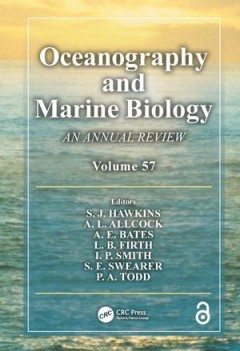
Rhythms now: Henri Lefebvre’s Rhythmanalysis Revisited
Rhythms abound today, in a time where all manner of rhythms intersect and amplify each other. Rhythmanalysis enables us to discuss lived experience, both in terms of the constraints of contemporary society, but also the affordances (social, technological, cultural) that we all have access to, in different ways. By focusing on rhythms, we recognize how multiple, different forms inform both our…
- Edition
- -
- ISBN/ISSN
- 9788772100027
- Collation
- -
- Series Title
- -
- Call Number
- 780

Virtual Works – Actual Things
Beyond musical works: new perspectives on music ontology and performance What are musical works? How are they constructed in our minds? Which material things allow us to speak about them in the first place? Does a specific way of conceiving musical works limit their performative potentials? Which alternative, more productive images of musical work can be devised? Virtual Works – Actual Things…
- Edition
- -
- ISBN/ISSN
- 9789461662521
- Collation
- -
- Series Title
- -
- Call Number
- 780

Transpositions: Aesthetico-Epistemic Operators in Artistic Research
Research leads to new insights rupturing the existent fabric of knowledge. Situated in the still evolving field of artistic research, this book investigates a fundamental quality of this process. Building on the lessons of deconstruction, artistic research invents new modes of epistemic relationships that include aesthetic dimensions. Under the heading transposition, seventeen artists, music…
- Edition
- -
- ISBN/ISSN
- 9789461662538
- Collation
- -
- Series Title
- -
- Call Number
- 780
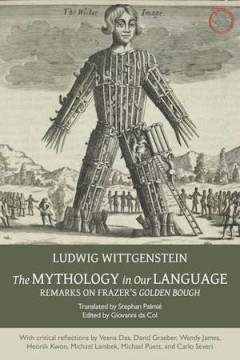
Powers of Divergence: An Experimental Approach to Music Performance
What does it mean to produce resemblance in the performance of written music? Starting from how this question is commonly answered by the practice of interpretation in Western notated art music, this book proposes a move beyond commonly accepted codes, conventions and territories of music performance. Appropriating reflections from post-structural philosophy, visual arts and semiotics, and cruc…
- Edition
- -
- ISBN/ISSN
- 9789461662514
- Collation
- -
- Series Title
- -
- Call Number
- 780
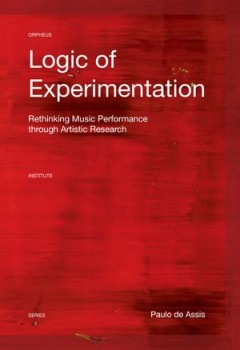
Logic of Experimentation
Beyond interpretation: a proposal for experimental performance practices Logic of Experimentation offers several innovative and ground-breaking perspectives on music performance, music ontology, research methodologies and ethics of performance. It proposes new modes of thinking and exposing past musical works to contemporary audiences, arguing for a new kind of performer, emancipated from autho…
- Edition
- -
- ISBN/ISSN
- 9789462701380
- Collation
- -
- Series Title
- -
- Call Number
- 780
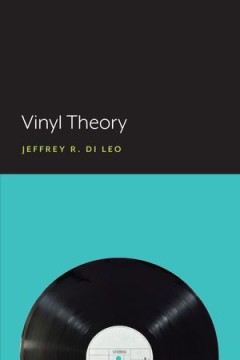
Vinyl Theory
Why are vinyl records making a comeback? How is their resurgence connected to the political economy of music? Vinyl Theory responds to these and other questions by exploring the intersection of vinyl records with critical theory. In the process, it asks how the political economy of music might be connected with the philosophy of the record. The young critical theorist and composer Theodor Adorn…
- Edition
- -
- ISBN/ISSN
- 9781643150161
- Collation
- -
- Series Title
- -
- Call Number
- 780
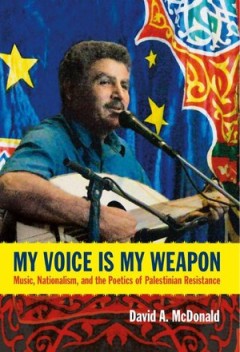
My Voice Is My Weapon: Music, Nationalism and the Poetics of Palestinian Resi…
David A. McDonald rethinks the conventional history of the Palestinian crisis through an ethnographic analysis of music and musicians, protest songs, and popular culture. Charting a historical narrative that stretches from the late-Ottoman period through the end of the second Palestinian intifada, McDonald examines the shifting politics of music in its capacity to both reflect and shape fundame…
- Edition
- -
- ISBN/ISSN
- 9780822354680
- Collation
- -
- Series Title
- -
- Call Number
- -
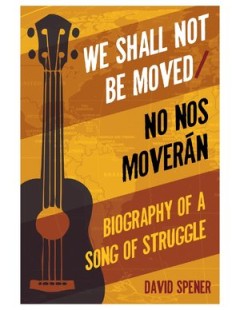
We Shall Not Be Moved/No nos moverán: Biography of a Song of Struggle
We Shall Not Be Moved: The Trail Blazed by a Song from the U.S. South to Spain and South America details the history of "We Shall Not Be Moved" from its birth as a slave spiritual in the U.S. South and its subsequent adoption as a standard hymn by the U.S. labor, civil rights, and farmworker movements, to its singing in the student movement opposing the Franco dictatorship in Spain in the 1960s…
- Edition
- -
- ISBN/ISSN
- 9781439912973
- Collation
- -
- Series Title
- -
- Call Number
- -
 Computer Science, Information & General Works
Computer Science, Information & General Works  Philosophy & Psychology
Philosophy & Psychology  Religion
Religion  Social Sciences
Social Sciences  Language
Language  Pure Science
Pure Science  Applied Sciences
Applied Sciences  Art & Recreation
Art & Recreation  Literature
Literature  History & Geography
History & Geography